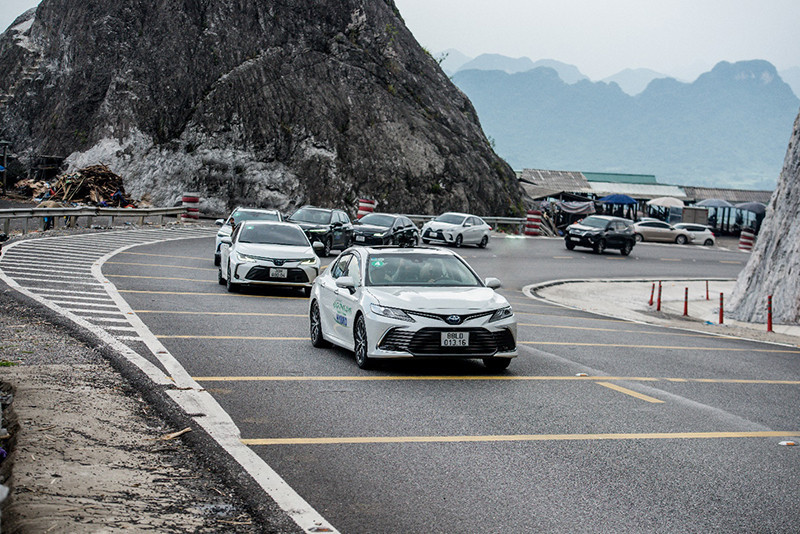
Experts say that Vietnam will see a boom in demand for electric vehicles. Demand may surge to 800,000-900,000 units by 2025 and 1.5-1.8 million by 2030. Meanwhile, the fuel crisis caused by the Russia-Ukraine conflict has made the development of green vehicles even more urgent.
However, experts say that more time and costs are needed to shift from fuel-powered to electric vehicles. These include expenses on battery manufacturing and infrastructure (charging stations, charging instruments, smart electricity network and support to EV users). The lifespan of batteries and the treatment of battery waste is also a problem.
Automobile charging stations are divided into three levels, slow charging, fast charging and super-fast charging. With super-fast charging, the battery may break down 10 percent more rapidly than by a slow charge.
In such conditions, hybrids, which use both petrol and electricity engines, could be seen as a temporary solution to the first phase of green vehicle development.
Hybrids don’t require charging or huge investments in infrastructure like BEVs. They are a transitional step before switching to using EVs.
Toyota Vietnam experts say the re-use of energy is the biggest advantage of hybrid technology. Every time users brake, the electric motor absorbs the inertia force, and converts into an electric current charged into the battery.
Electricity sources can be used to run the engines when users need to increase the capacity.
Experiments conducted by the Hanoi University of Science and Technology on Corolla Cross 1.8HEV and Corola Cross 1.8V which used petrol found that 1.8HEV consumed 57.4 percent less energy in the inner city and 18.5 percent less on highways compared with the 1.8V version.
The CO2 emissions of the hybrid version were 18.5-57.4 percent lower than the 1.8V version. When running in the inner city, the hybrid version did not discharge emissions on two-thirds of stretches of roads, and when on highways, did not discharge emissions on one-third of stretches of road.
Hoang Hiep